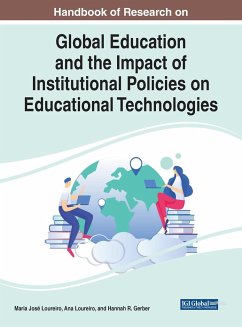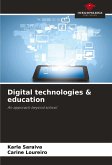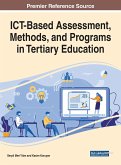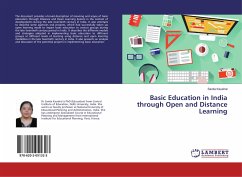Emerging technologies in education are dramatically reshaping the way we teach, learn, and create meaning-both formally and informally. The use of emerging technologies within educational contexts requires new methodological approaches to teaching, learning, and educational research. This leads educational technology developers, researchers, and practitioners to engage in the creation of diverse digital learning tools that can be used in a wide range of learning situations and scenarios. Ultimately, the goal of today's digital learning experiences includes situational experiences wherein learners and teachers symbiotically enroll in meaning-making processes. Discussion, critical reflection, and critique of these emerging technologies, tools, environments, processes, and practices require scholars to involve themselves in critical conversation about the challenges and promises afforded by emerging technologies and to engage in deliberate thinking about the critical aspects of these emerging technologies that are drastically reshaping education. The Handbook of Research on Global Education and the Impact of Institutional Policies on Educational Technologies deepens this discussion of emerging technologies in educational contexts and is centered at the intersection of educational technology, learning sciences, and socio-cultural theories. This book engages a critical conversation that will further the discussion about the pedagogical potential of emerging technologies in contemporary classrooms. Covering topics such as communication networks, online learning environments, and preservice teacher education, this text is an essential resource for educational professionals, preservice teachers, professors, teachers, students, and academicians.
Hinweis: Dieser Artikel kann nur an eine deutsche Lieferadresse ausgeliefert werden.
Hinweis: Dieser Artikel kann nur an eine deutsche Lieferadresse ausgeliefert werden.








